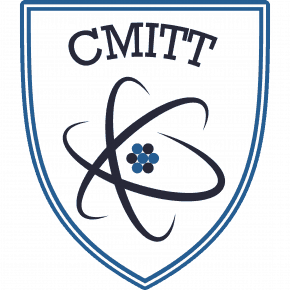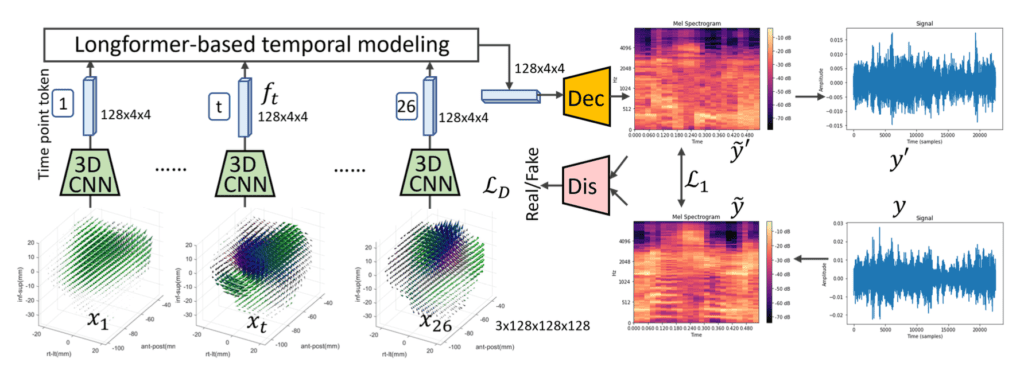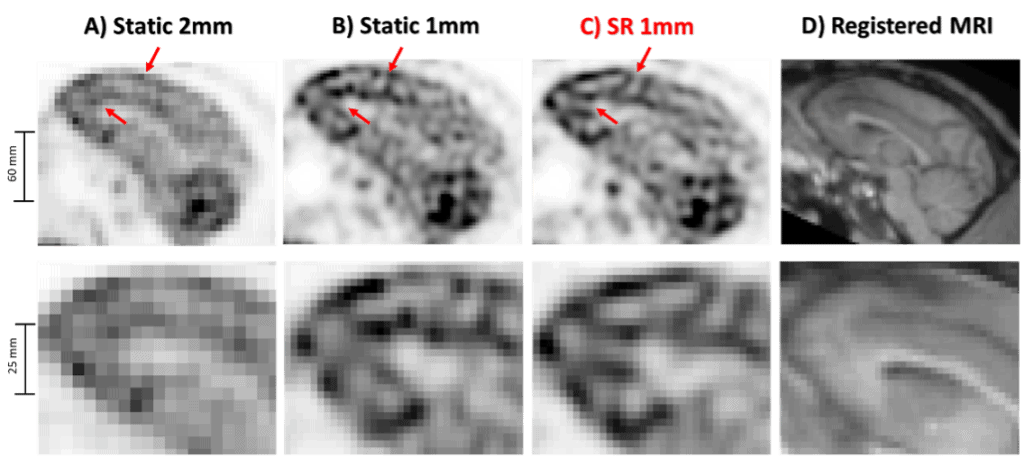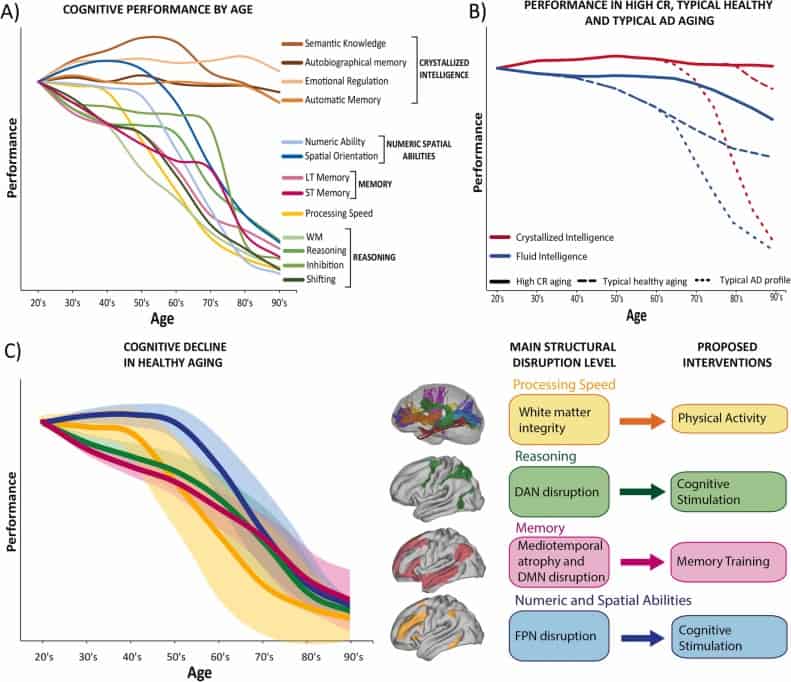A symposium highlighting the work being done by three National Centers for Biomedical Imaging and Bioengineering (NCBIB) focusing on PET and MR imaging will be held at the 2023 World Molecular Imaging Congress (WMIC)
Location: Prague, Czechia
Congress dates: September 5th – September 9th 2023
Session information
Sat, September 09
7:30 AM – 9:00 AM
Club E
The National Institute of Biomedical Imaging and Bioengineering (NIBIB) supports a large network of National Centers for Biomedical Imaging and Bioengineering (NCBIB) through the P41 grant mechanism. Three of these Centers comprise the faction of Molecular Imaging Technology Centers:
- The Center for Molecular Imaging Technology & Translation (CMITT), Massachusetts General Hospital, led by Dr. Georges El Fakhri, aims to develop and apply new imaging technologies that will revolutionize the way scientists and physicians view and use PET and MRI.
- The Resource for Molecular Imaging Agents in Precision Medicine, Johns Hopkins University, led by Dr. Martin Pomper, encompasses projects that extend from the development of reagents to detect and promote an immune reactive tumor microenvironment to the synthesis of nanodrones to treat cancer and combined small-molecule diagnostic and theranostic agents.
- The PET Radiotracer Translation and Resource Center (PET-RTRC), Washington University School of Medicine, led by Dr. Robert Gropler, seeks to develop new PET radiotracers that will image biologic targets modulating the ubiquitous disease processes of inflammation and oxidative stress.
The synergistic model of the P41 mechanism interaction of service and expertise within the Centers and other collaborating laboratories ensures other researchers may gain access to the newest Molecular Imaging Technology. During this session, participants will learn about cutting-edge molecular imaging innovations, in addition to the collaborating, service, and training opportunities disseminating from the three complementary, but non-overlapping programs that may benefit your own research and projects.







![[18F]3F4AP in human subjects. A Representative whole-body maximum intensity projections of a male and a female participant at different time points. B Representative brain images of a male and a female participant.](https://gordon.mgh.harvard.edu/cmitt/wp-content/uploads/2023/04/259_2022_5980_Fig2_crop.png)


